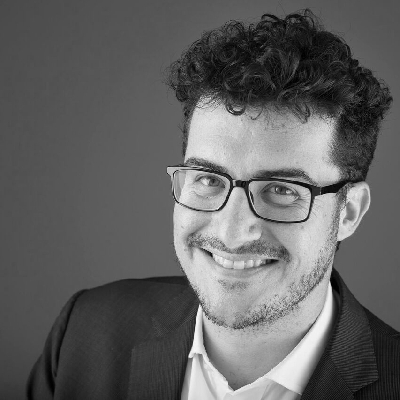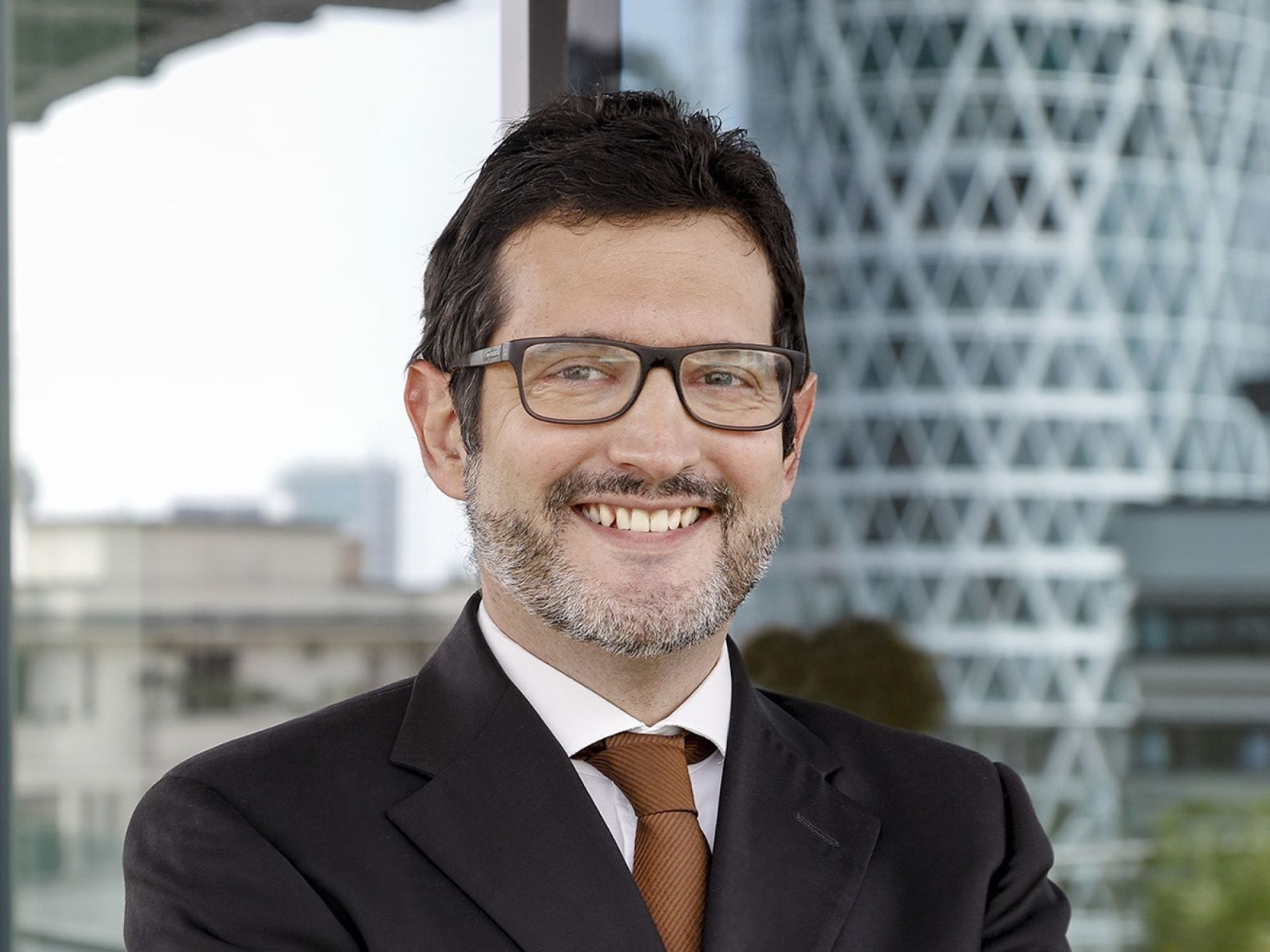In the age of the green transition, the core business of Energy Service Companies is expanding. Created to provide energy services and offer solutions for efficiency and usage management, some of these specialised firms are now changing their role, effectively becoming more and more like community organisers for energy. From digitisation to investments in network expansion, from renewable energy communities to now-classic self-consumption, the support for decarbonisation solutions for commercial and residential clients is thus intensifying.
Renewable Matter discussed this with Luca Conti, Chief Executive Officer of E.ON Italia, which is part of the international energy group E.ON, one of the largest operators in the world.
E.ON Group is responding to the EU’s climate neutrality by 2050 target by increasing its investments planned for the coming years from 33 to 42 billion euros. What are the business trajectories you are undertaking at the European level?
E.ON’s goal is to be the playmaker. A protagonist that not only enables, as might have been said in the past, but that is pivotal in boosting the energy transition in Europe through its investments. In recent years, our strategic decisions have seen very strong polarisation between Distribution Networks and Customer Solutions. This translates to 1.6 million kilometres of grid infrastructure and 48 million total clients in Europe. With regard to energy communities, we are fully-fledged community organisers, acting as an aggregator between citizens, regions, and regulatory bodies.
Let’s start with networks. In the U.S., there have been connection problems and issues with stability throughout. What is the situation in Europe?
An energy transition that is safe from an energy standpoint and socially accepted presupposes massive electrification of consumption, but this is only possible in the presence of adequate infrastructure. Despite recent EU-level investments, especially for transmission grids, we must acknowledge that bottlenecks are still a reality. There is a need to develop and boost existing networks and use all possible flexibility resources. Artificial intelligence could have an important role to play in this sector, particularly in the management and maintenance of infrastructure.
What about cybersecurity, given the current geopolitical situation?
This is a matter that merits further investigation. There are undoubtedly protocols that are ever more relevant. Large companies adopt them, so there certainly cannot be system digitisation without due care for cybersecurity. At E.ON we are working very hard on this.
In Italy, the launch of Renewable Energy Communities has opened up new scenarios in the realms of self-generation and self-consumption…
We are in a highly advanced phase, about to bring to market the first renewable energy communities. The key element will be having simple operability. The easier it is for citizens or small businesses to understand the value of an energy community, the more widespread this type of solution will be.
In addition to inflation, what economic obstacles are there to the adoption of this solution?
In the coming months, we expect the incentives to be reshuffled. There is a need for structural and accurate reasoning to find a stable and long-term support system of incentives. From our perspective, the issue is not setting a particularly high rate or reducing bureaucracy. For us, the key idea is to have a stable incentive. The right level of bureaucracy is necessary to have long-lasting incentives that can be implemented from a financial standpoint.
How important is it for a European company like E.ON to have a component supply chain – I’m thinking about solar panels – that is not tied to imports? Currently, China is effectively the sole supplier…
In the last few years, we have witnessed extreme volatility in the prices of photovoltaic modules, and this is obviously not beneficial in the medium term. When a technology is perceived as volatile, clients tend to procrastinate purchasing it, thus delaying the energy transition. For E.ON, as a system integrator supplied by various sources, the key aspect is having mechanisms that allow regular access without excessively fluctuating costs. Is Europe-based manufacturing required at all costs? Not necessarily. However, looking at this goal from the perspective of balancing the global system, we are obviously not in disagreement.
This article is also available in Italian / Questo articolo è disponibile anche in italiano
Cover image: Luca Conti, © E.ON
This content is produced thanks to the support of sponsors



